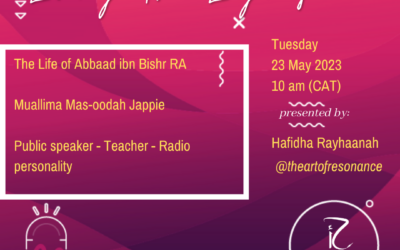By Annisa Essack
28/10/2019
The Fourth Industrial Revolution is a way of describing the blurring of boundaries between the physical, digital, and biological worlds. It’s a fusion of advances in artificial intelligence (AI), robotics, the Internet of Things (IoT), 3D printing, genetic engineering, quantum computing, and other technologies. It’s the collective force behind many products and services that are fast becoming indispensable to modern life.
While the Fourth Industrial Revolution or 4IR is set to change society like never before, it builds on foundations laid by the first three industrial revolutions. The advent of the steam engine in the 18th century led to the first industrial revolution, allowing production to be mechanised for the first time, and driving social change as people became increasingly urbanised.
As unemployment, austerity measures due to poor economies and dissatisfaction of government policies bring people to protest across the globe, we need to ask the questions: “What does the future mean as technology constantly changes our landscapes?” “Do we need to accept these changes to move forward and succeed in a world that is disrupted often by innovation, technology, and necessity.”
To a generation that is “woke” to the everchanging world and the need to keep up, understanding the impact of the fourth industrial revolution is imperative to ensure preparedness for future employment and the ability to take on the challenges it will, inevitably, bring.
Radio Islam International caught up with Abdullah Verachia, a global strategist, thought leader, disruptor, speaker and facilitator to unpack this much talked about phenomenon.
[Listen] Abdullah Varachia – Taking on the Fourth Industrial Revolution






0 Comments